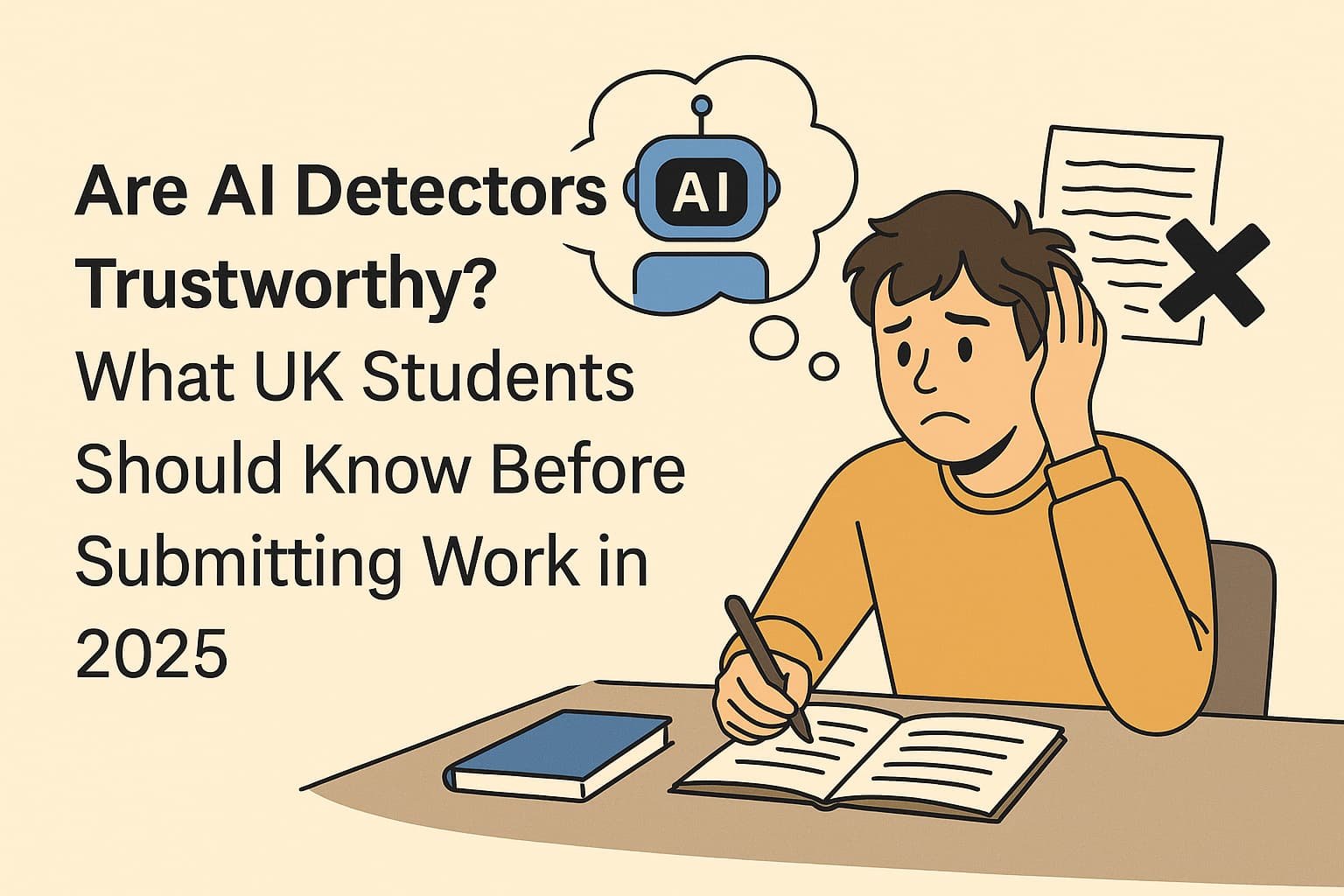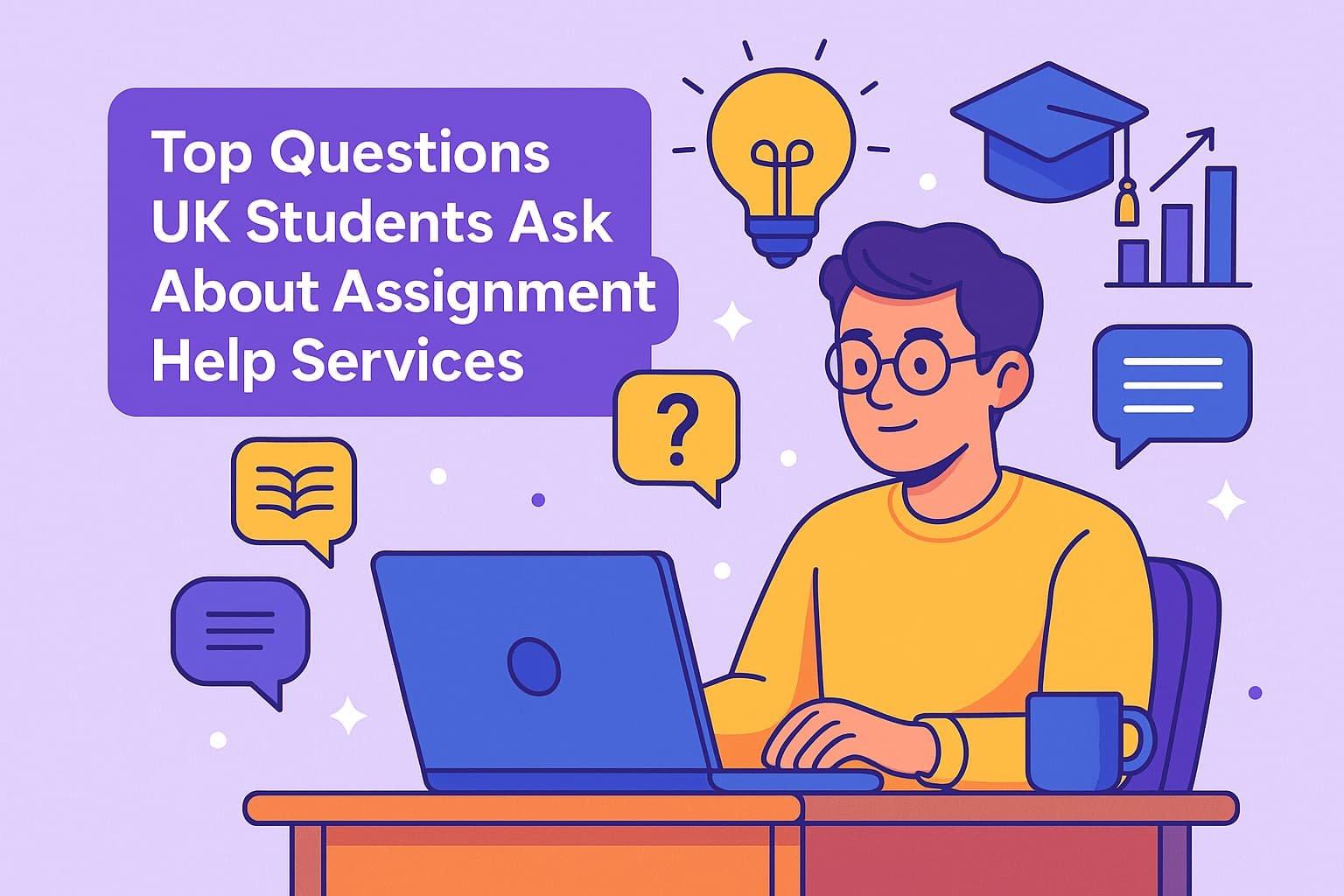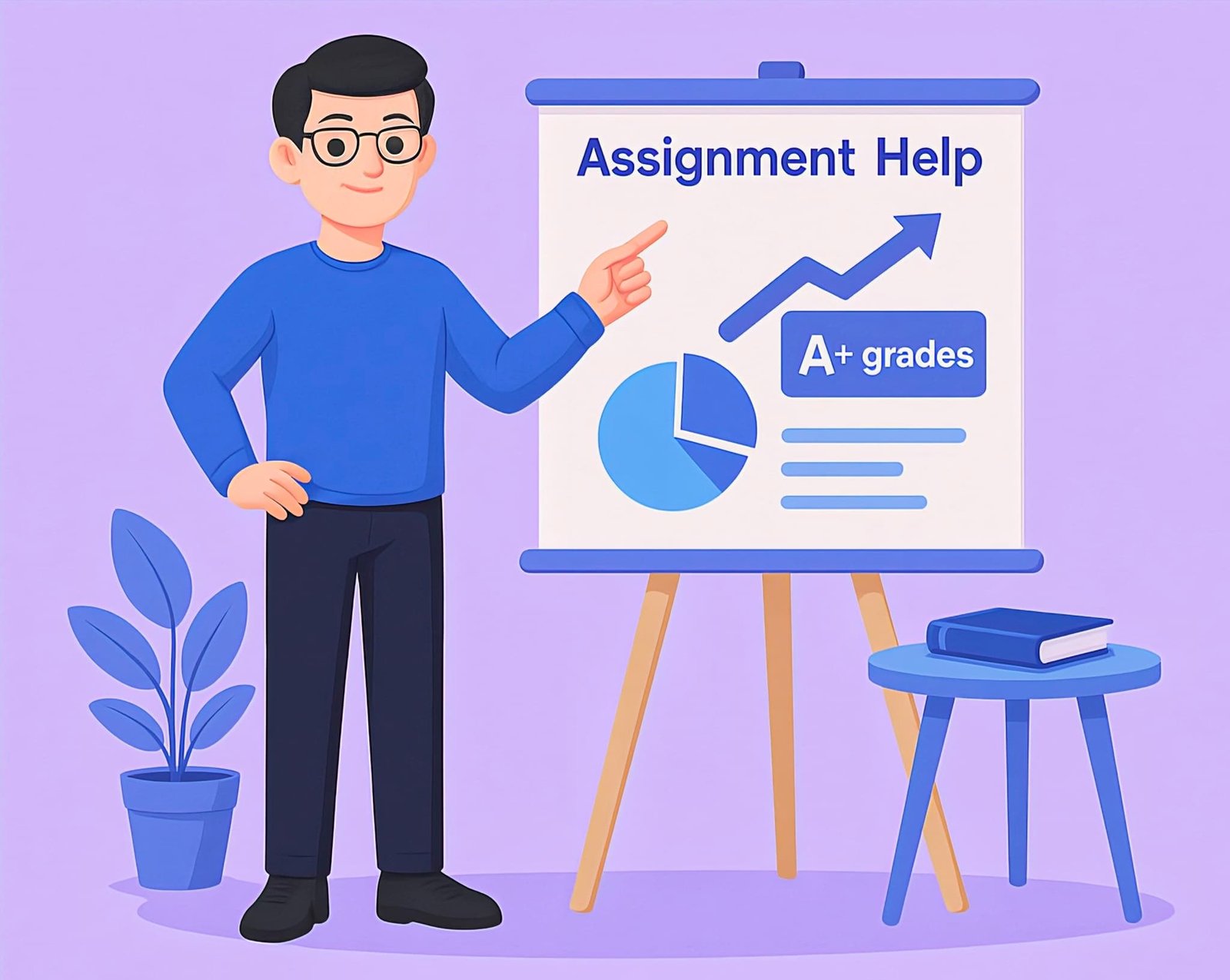Are AI Detectors Trustworthy? What UK Students Should Know Before Submitting Work in 2025
Introduction
In the evolving academic landscape of 2025, artificial intelligence has revolutionised both how students write and how universities evaluate submissions. While tools like ChatGPT have become common for idea generation and drafting, universities have responded with AI detection systems to maintain academic integrity. But as these technologies proliferate, so do questions: Are AI detectors accurate? Can they be trusted? What if a student is wrongly flagged? In this article, we explore the reliability of AI detectors, how UK universities use them, and what students should know before submitting assignments.
What Are AI Detectors and How Do They Work?
Understanding AI Detection Tools
AI detectors are software systems designed to identify whether a piece of text was generated by artificial intelligence. Prominent tools in 2025 include:
- Turnitin AI Detection
- GPTZero
- Originality.ai
- Copyleaks AI Detector
These tools use machine learning algorithms trained to spot statistical patterns, sentence structure, predictability, and token frequency commonly found in AI-generated text.
How Reliable Are These Tools?
While detection tools have improved since their early iterations in 2023, they are far from perfect. False positives remain a significant concern, particularly for students who write in a structured or formal tone—something AI also mimics. A 2025 research study from the University of Edinburgh found that over 28% of human-written essays were incorrectly flagged as AI-generated by at least one major detection tool. (source)
Why UK Universities Are Using AI Detectors
Academic Integrity and Plagiarism Policies
UK universities have made AI detection a cornerstone of their academic integrity strategy. From Oxford to Manchester and Glasgow, most institutions have issued new policies that explicitly state:
- AI-generated content is subject to academic misconduct rules
- Students must declare any AI assistance used
- Detection results can be grounds for investigations
“Submissions flagged as AI-generated may be subject to scrutiny under the institution’s academic code of conduct,” states the University of Manchester’s 2025 academic integrity policy. (University of Manchester)
Integration with Turnitin and Canvas
Platforms like Turnitin now include native AI detection reports visible to lecturers. These are integrated directly into VLEs (Virtual Learning Environments) such as Canvas and Moodle. This automation means a flag can be generated and acted upon before a human ever reads the assignment.
The Risk of False Positives
What Triggers an AI Flag on Human Work?
AI detectors look for:
- Uniform sentence lengths
- Repetitive phrasing
- Predictable vocabulary
- Lack of citations or sources
Unfortunately, students who are proficient writers or non-native English speakers may unintentionally match these markers. This can result in serious repercussions:
- Marks deducted
- Investigation for misconduct
- Academic warnings or failure
Real Example: A Student’s Experience
Emily, a biomedical student at a Russell Group university, submitted a 3,000-word essay written entirely by herself. Turnitin flagged 74% of it as AI-generated. After an academic panel review, the essay was cleared, but the process delayed her grade release by three weeks and caused considerable stress.
“It was the most dehumanising experience of my academic life,” she said. “I had to defend work I genuinely wrote.”
Can AI Detection Be Appealed?
Appeal Procedures in UK Universities
Most UK universities now have formal procedures to challenge AI-detection flags. Students can:
- Submit drafts or research notes as evidence
- Request human reassessment
- Appeal to an academic misconduct board
However, the appeal process is not always straightforward, and outcomes vary depending on the institution.
Legal and Ethical Concerns
There are growing calls for oversight. Several academic unions have raised concerns about due process and student rights in AI detection disputes. In some cases, students have contacted legal aid services to challenge wrongful accusations, especially when no human review preceded the allegation.
How Accurate Are Different AI Detectors?
| Tool | Accuracy (2025 Estimates) | Known Issues |
|---|---|---|
| Turnitin AI | ~82% | False positives on technical writing |
| GPTZero | ~75% | Struggles with short-form content |
| Originality.ai | ~88% | Overly sensitive on non-native writing |
| Copyleaks AI | ~80% | Occasionally flags paraphrased text |
No tool currently guarantees 100% accuracy. Most operate on probability, not certainty.
Best Practices for Students Using AI Responsibly
When It’s Safe to Use AI
UK universities generally allow AI tools for:
- Brainstorming or outlining
- Language polishing or grammar correction
- Revising structure with transparency
What You Should Never Do
Avoid:
- Submitting entire AI-written drafts
- Paraphrasing AI outputs and claiming them as original
- Using AI without acknowledgment (if your university requires it)
How Human Academic Help Can Reduce the Risk
Why Human Writers Still Matter
Human writers understand nuance, tone, and assignment briefs in ways AI tools can’t. Services like Urgent Assignment Help ensure that your work:
- Passes AI and plagiarism checks
- Reflects authentic academic thought
- Is customised for your specific university guidelines
Our Process
At Urgent Assignment Help, we use AI detectors ourselves before delivery to confirm that content reads naturally, ranks well, and avoids accidental flags. Each paper goes through:
- Human editing
- Grammarly and Turnitin checks
- Optional AI-scan reports
You can also reach us directly via WhatsApp support for urgent assistance.
Final Thoughts: What UK Students Should Do
AI detectors are becoming deeply embedded in university systems—but they are not infallible. Students must:
- Stay informed about their university’s AI policies
- Use AI tools ethically and transparently
- Seek professional academic support when needed
Human-written work remains the safest and most respected way to succeed academically. While detection tools may evolve, critical thinking, originality, and personalised assistance are irreplaceable.
Let Urgent Assignment Help guide you through AI-era assignments—safely, ethically, and confidently.




Thank you for your sharing. I am worried that I lack creative ideas. It is your article that makes me full of hope. Thank you. But, I have a question, can you help me? https://accounts.binance.info/zh-CN/register-person?ref=WFZUU6SI